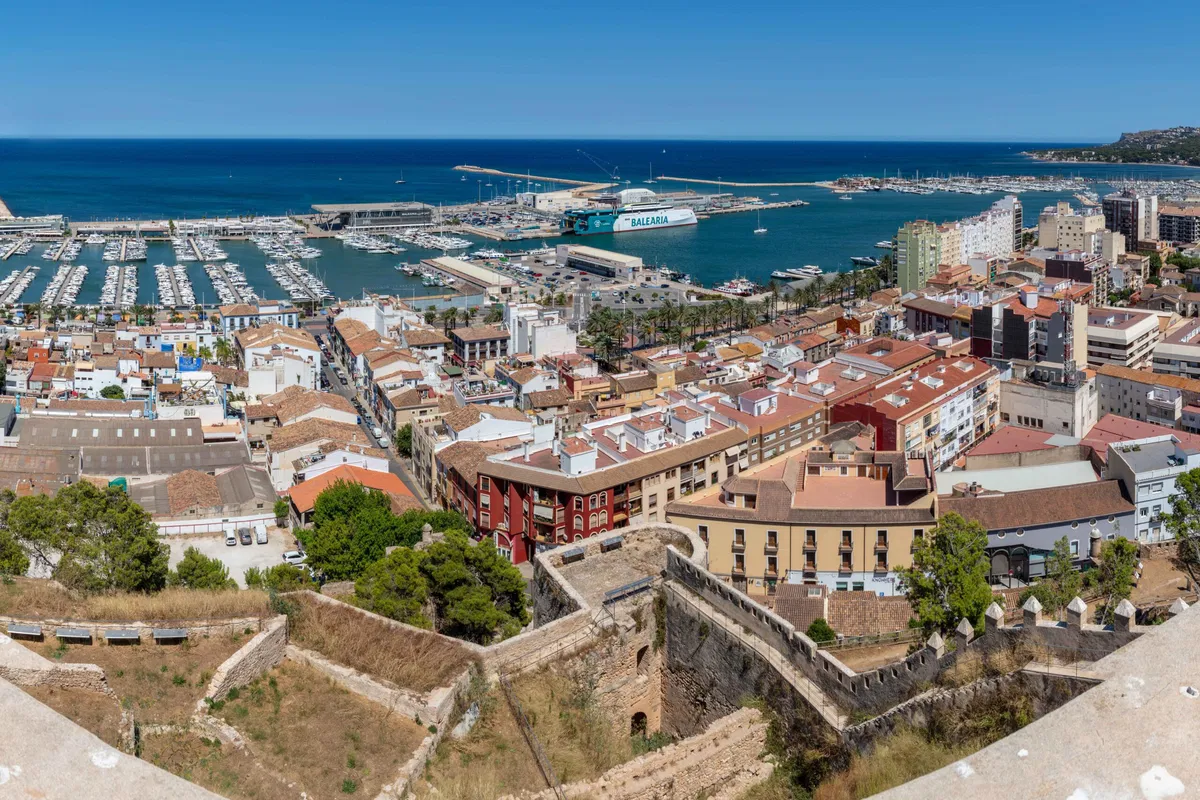Copyright euroweeklynews

Lukas and Jennifer say nothing went as expected: “The cost of living is very high and salaries are very low. I had to work twice as hard as in Germany just to make ends meet.” This rapid round-trip story shatters the usual stereotype. It is not the classic tale of a well-off European family able to buy any luxury property on Spain’s Mediterranean coast with cash, because, as is widely assumed, incomes in northern Europe are higher than in Spain. On the contrary, this story highlights how the severe housing challenges in the Marina Alta are increasingly becoming insurmountable even for Europe’s working middle class. In this case, from Germany. The family at the centre of the story, Jennifer Itinga Fontan and Lukas Reinike, aged 39 and 40, moved to Denia a year ago with their children Elián (4) and Noel (6), attracted by the promise of a better climate and a friendlier environment. It was not a blind adventure: Jennifer’s parents already lived in Denia, and the couple temporarily stayed with them while looking for their own home. But that is where things began to go wrong. Just a year later, they returned to their hometown of Remscheid, a city of 113,000 in western Germany, feeling disillusioned. Reality “was very different from what we expected” According to their account to the local newspaper Remscheider General-Anzeiger (RGA), reality “was very different from what we expected.” The first major hurdle was housing: “We couldn’t find an affordable home. Owners preferred renting to tourists or only for short stays, and in summer you had to leave,” Jennifer explained. The family experienced firsthand how the rise of holiday rentals has pushed property prices in tourist towns like Denia to unaffordable levels. Nationality made no difference: locals face the same problem. Jennifer and Lukas spent months in temporary accommodation without stability, a situation incompatible with raising two young children. High prices, low wages They also discovered that the cost of living was higher than expected while wages were much lower. “I had to work twice as much as in Germany just to make ends meet,” said Jennifer, who worked twenty hours a week in the administration of a care home, earning roughly the equivalent of a low-paid part-time job in Germany. Meanwhile, her husband worked remotely as a client advisor for the fashion company Breuninger. It still wasn’t enough to get by. Cultural differences also played a role. They struggled to adapt to the Mediterranean pace of life, which they described as “festive,” as well as the constant heat, different schedules, and the “informal administration”—a common complaint among European residents. Their patience eventually ran out. Children settle in quickly In contrast, Elián and Noel adapted quickly. Within a few months, both were fluent in Spanish, had made friends, and enjoyed school life. Starting a new life is always easier for children, and the multicultural classrooms in Denia proved this. A difficult return Many emigrants in the Marina Alta cannot return to their home countries, but Jennifer and Lukas were able to move back to Germany in August. However, the return has not been straightforward. “Emigrating is easier than coming back,” admits Lukas, who continues working for the same company and says they are “starting from scratch.” Jennifer has resumed her previous supermarket job, while the family searches for permanent housing in a market that is also challenging in Germany. Despite the hardships, they say the experience has given them a new perspective. “I used to dislike the rain, but life in Germany isn’t all bad,” adds Lukas. After their year in Denia, they value their previous life more, while retaining the memory of an intense year that taught them that the dream of emigrating sometimes clashes with harsh reality.



